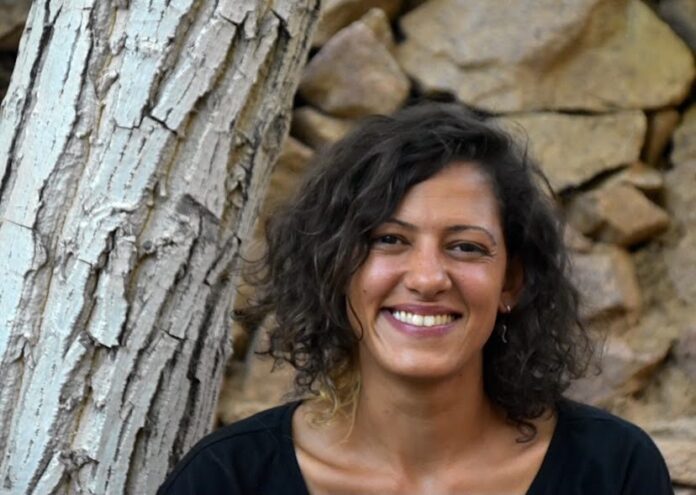All over the world people are coming together to build a better future for their communities and themselves, despite challenging situations. Their experiences don’t hit the headlines, but offer some ideas about how humankind can live in a modern world and counter the neoliberal, capitalist system. These solutions – many of them coming from the global majority – can help us to reimagine an alternative future where we care for each other and for nature, with intergenerational thinking, so that everyone can live a healthy and dignified life.
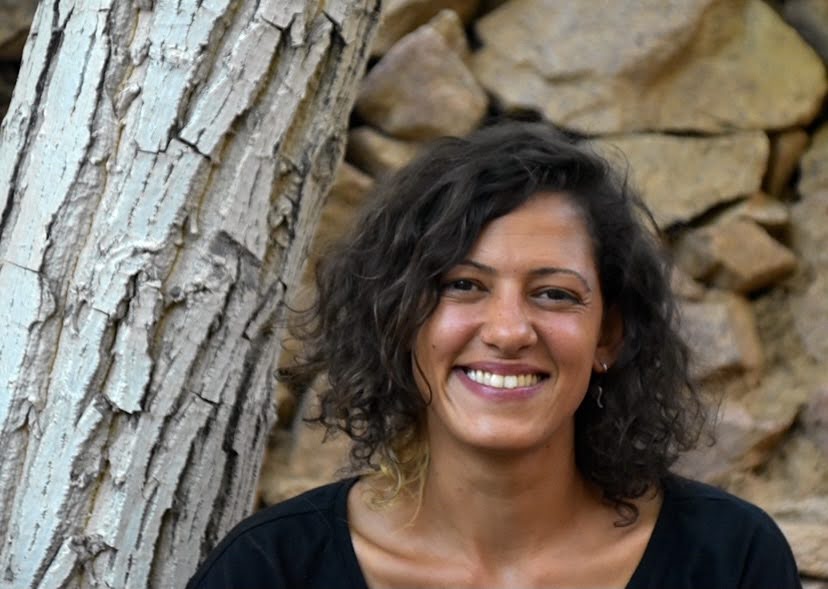
In the Sinai region of Egypt, ancient Bedouin tribes still live in their traditional territories but are having to adapt in the face of intrusion from the modern world. Founded in 2017 by Dina Kafafi, the Sinaweya project can best be described as a social enterprise, focused on the preservation of Sinai’s ecological and cultural heritage. This centres on the area of Saint Catherine, a UNESCO World Heritage site which has sacred importance for Judaism, Christianity and Islam alike – all believing it to be the place where Moses received the Ten Commandments.
It is also home to over 50% of Egypt’s flora, but in spite of its protected status, it is threatened by rapid and extensive construction work in an attempt to lure in mass tourism, with the promise of significant benefits from new jobs and opportunities. But it is already apparent that the Bedouin community – the gatekeepers of this beautiful area for centuries – have not been engaged in the discussion. Moreover, the unique and delicate ecosystem, already vulnerable to the impacts of climate change, with erratic rainfall, drought and disappearing plant life, is also being largely overlooked.
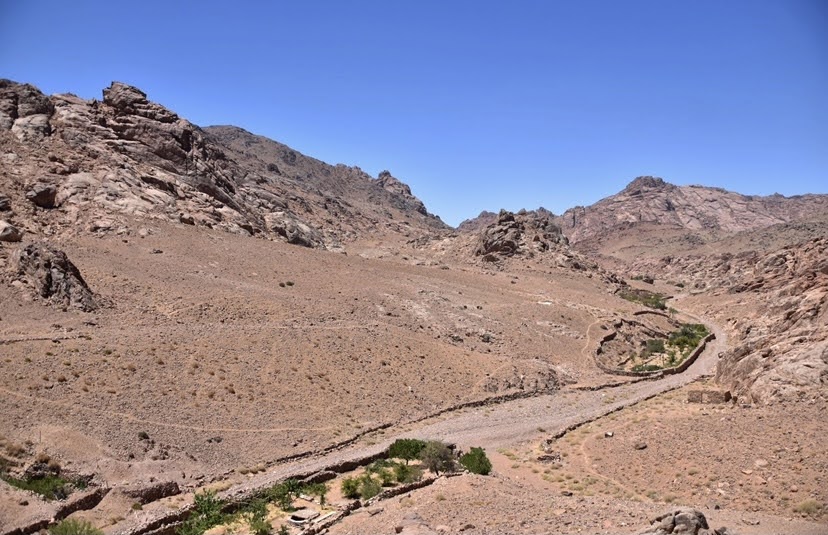
Deep knowledge brings benefits to the modern world
The various Bedouin tribes have always been largely autonomous, governing themselves with their own laws and relying on a land they know well for their survival. Sinaweya is building a genuine and enduring relationship with the Jabaliya Tribe (‘people of the mountain’), known for their deep knowledge of climate patterns, water conservation, wild and cultivated plant species. The aim is to find the potential in their cultural practices – namely horticulture, natural healing culture, language, art and nutrition – to support livelihoods within a modern context, so that generations, young and old may continue to thrive.
Working with over 25 families, Dina’s collaborative work unites three different yet overlapping elements – herbalism (including a database and herbarium project), garden rehabilitation and the brand be.do – creating a working framework based on an economy of care and the empowerment of the community. She describes it as “an exchange, where we can live, love and learn from the Bedouin”. In turn the Bedouin also benefit directly from the exchange by sharing their knowledge and produce, which is packaged and sold as part of be.do, to people in the city – a market locals can’t usually access.
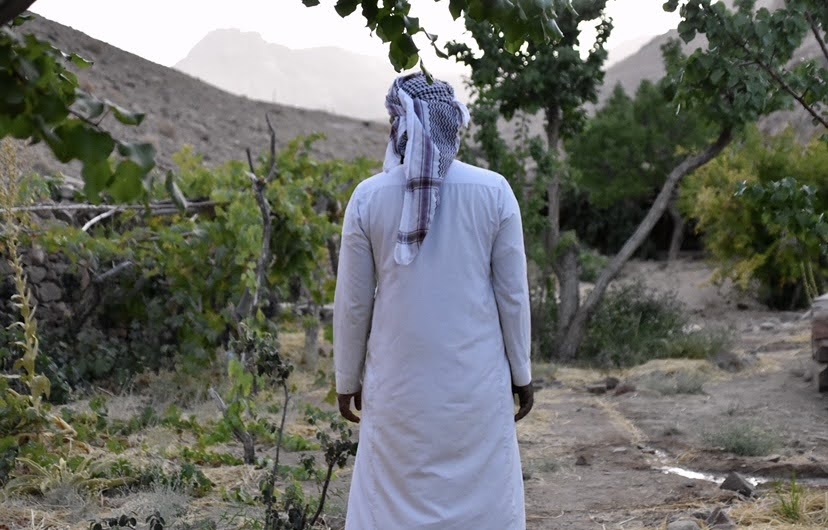
Ragab Awad, a local wiseman, community herbalist, and mountain guide who works across the projects says that, “In the past people found it hard to sell things or were growing plants they weren’t aware there was a demand for… Dina was the first person to come to the area and create this new market”. He adds that “be.do has provided a new source of income for many, which means they’re not just reliant on tourism”. The economic incentive also benefits the environment because it encourages people to take better care of the plants that grow in the mountains. Keen gardeners Mahmoud and Om Hussien both agree that “when you find someone who buys from you, it encourages you to plant and produce more, and motivates you to come up with new ideas”.
The skills of Bedouin women making embroidered items are another be.do success. Om Rahma, her sisters, and over 100 other women, have been working with the project for three years making items like bags and home accessories. Many of them have become financially independent because of their work and are now the main breadwinners of their family. The disruption of the pandemic and political unrest reminded them of how important it is to be self-sufficient and they feel responsible for passing down skills that they learned from their own mothers to the younger generation, with young people now more keen to learn traditional skills like embroidery or herb collecting.
From neglect to revival
The semi-nomadic lifestyles of the Bedouin in the past relied on the fruits and vegetables grown in gardens spread out across the St Catherine area, but with the introduction of village life in the 1960s it became almost impossible for many families to move to their gardens for months at a time, and many of the gardens became neglected. Today, the knowledge of gardening in the community is being lost, and with the continued effects of climate change, some tree and plant varieties are now almost extinct or dying.
To help revive the gardens while preserving knowledge of the traditional techniques used in the past, the project shares the financial burden as well as the expertise and labour needed, with volunteers helping with the work on restoration. Hussein, who’s in his late 20’s, was encouraged to bring his family garden back to life. He was sad to see the garden he grew up with abandoned and deteriorating – 80% of their needs in the past came from the abundance of their garden. Hussien says that “gardens have always been a big part of the identity of the Bedouin of St Catherine and in the face of current development they can be a place of peace that brings the community together again as it once did.”
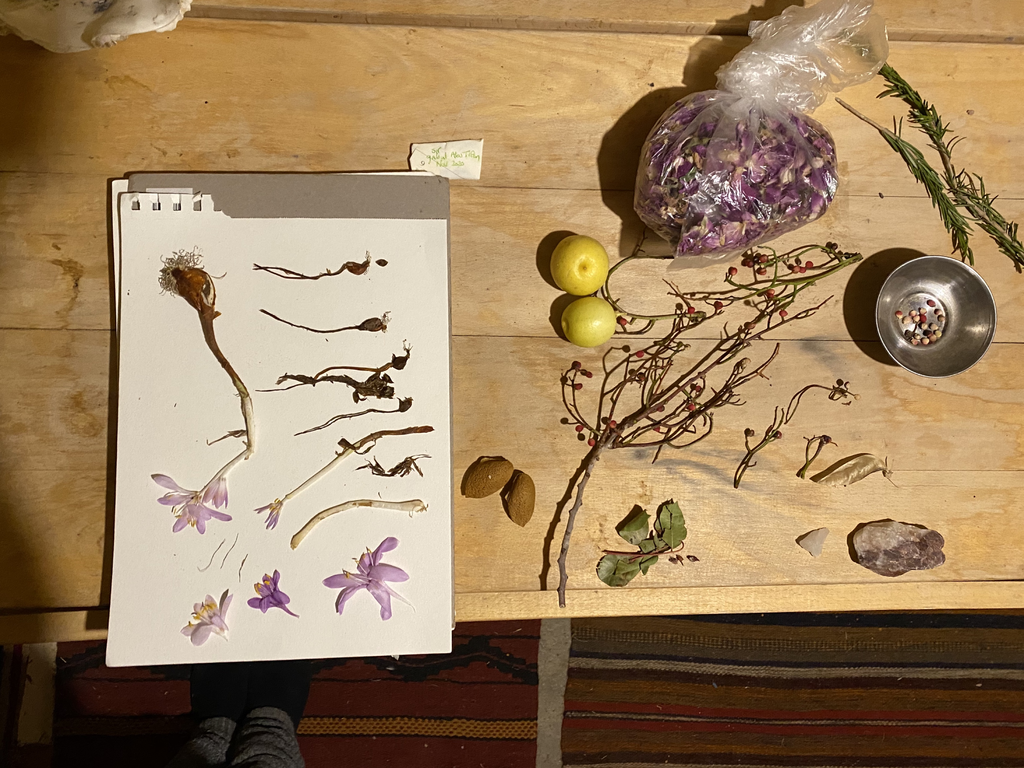
Dina says that the people living in St Catherine are the leaders of the work they’re doing. “We bring in the tools and the knowledge, we share it with them and they share their knowledge with us but in the end even when we rehabilitate a garden it is up to the family that owns it to maintain it. We just encourage the practices – they are the ones that actually keep them alive. This is a very important point – Sinaweya is nothing without the local community”.
Sinaweya has shown that valuing ancestral knowledge together with collaboration can create real democracy and empower the community through an alternative form of development, which puts well-being at the core. The economic benefits that this brings is not only recovering ecosystems but is providing opportunities for young people to earn their livelihoods and remain in their communities
Renata Niita is a Campaign Strategist for the Alternative Futures project.
